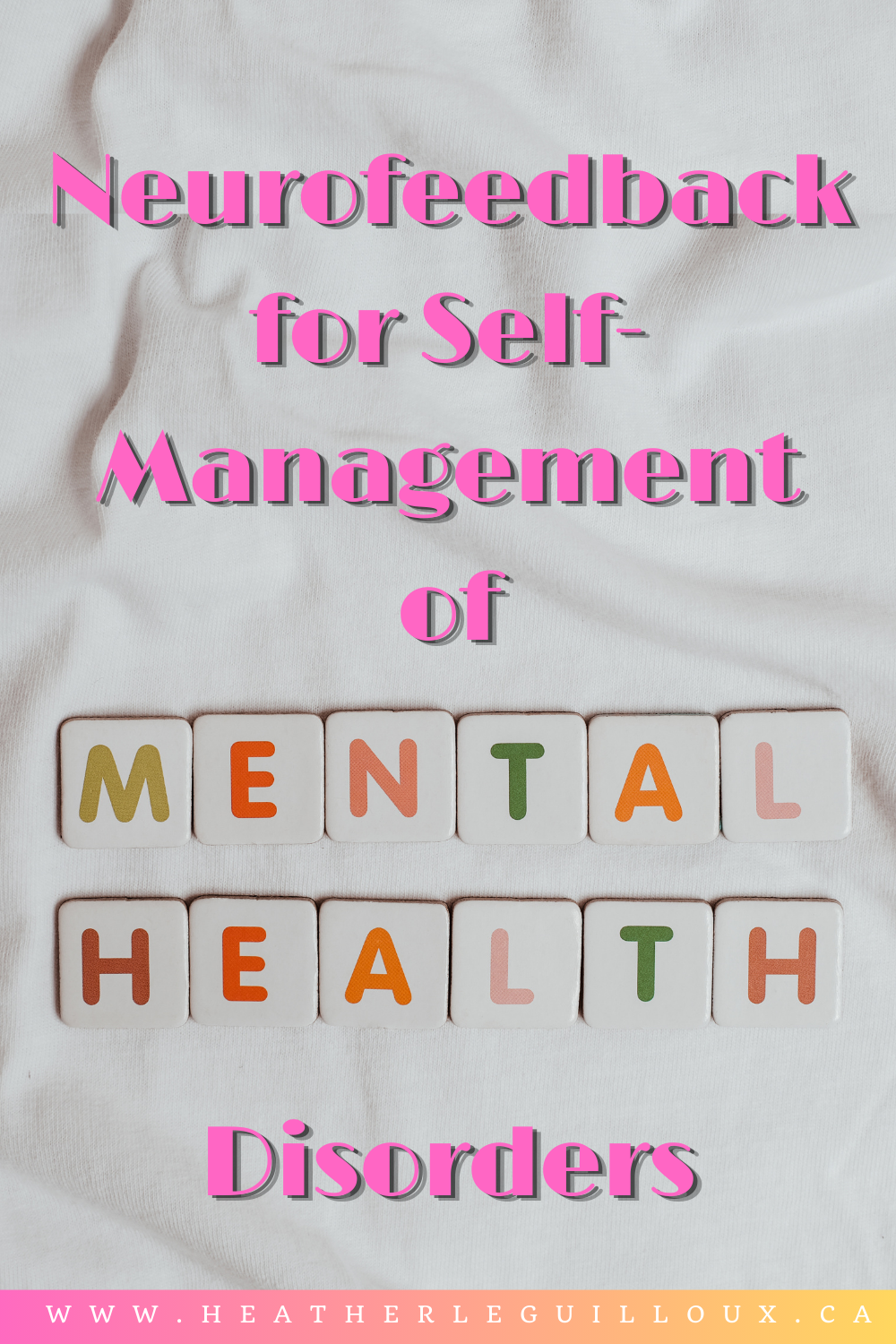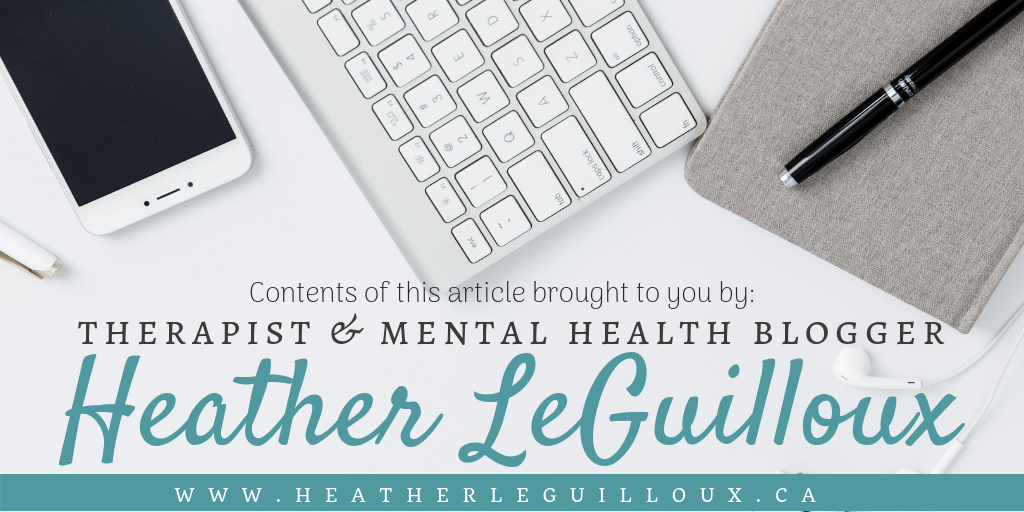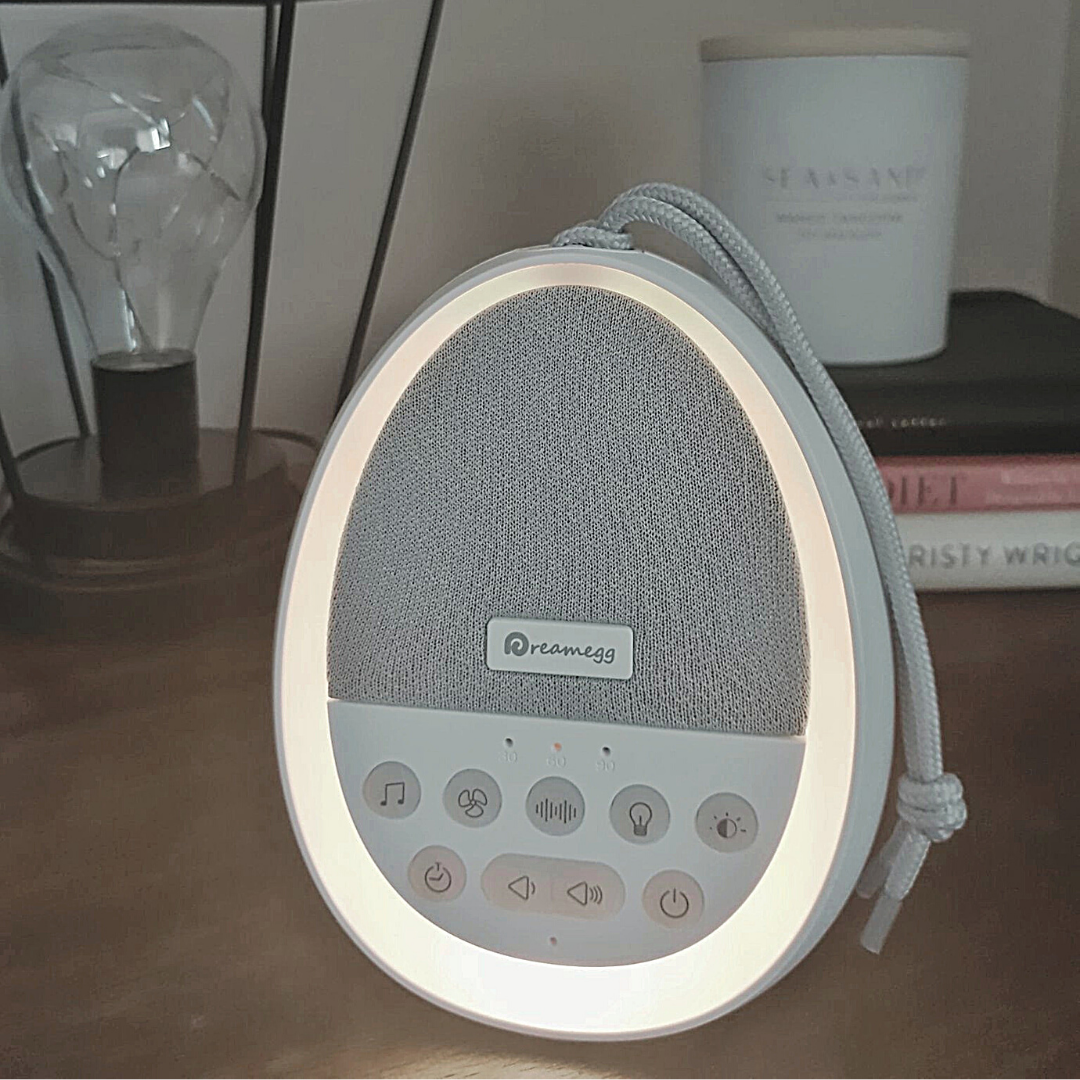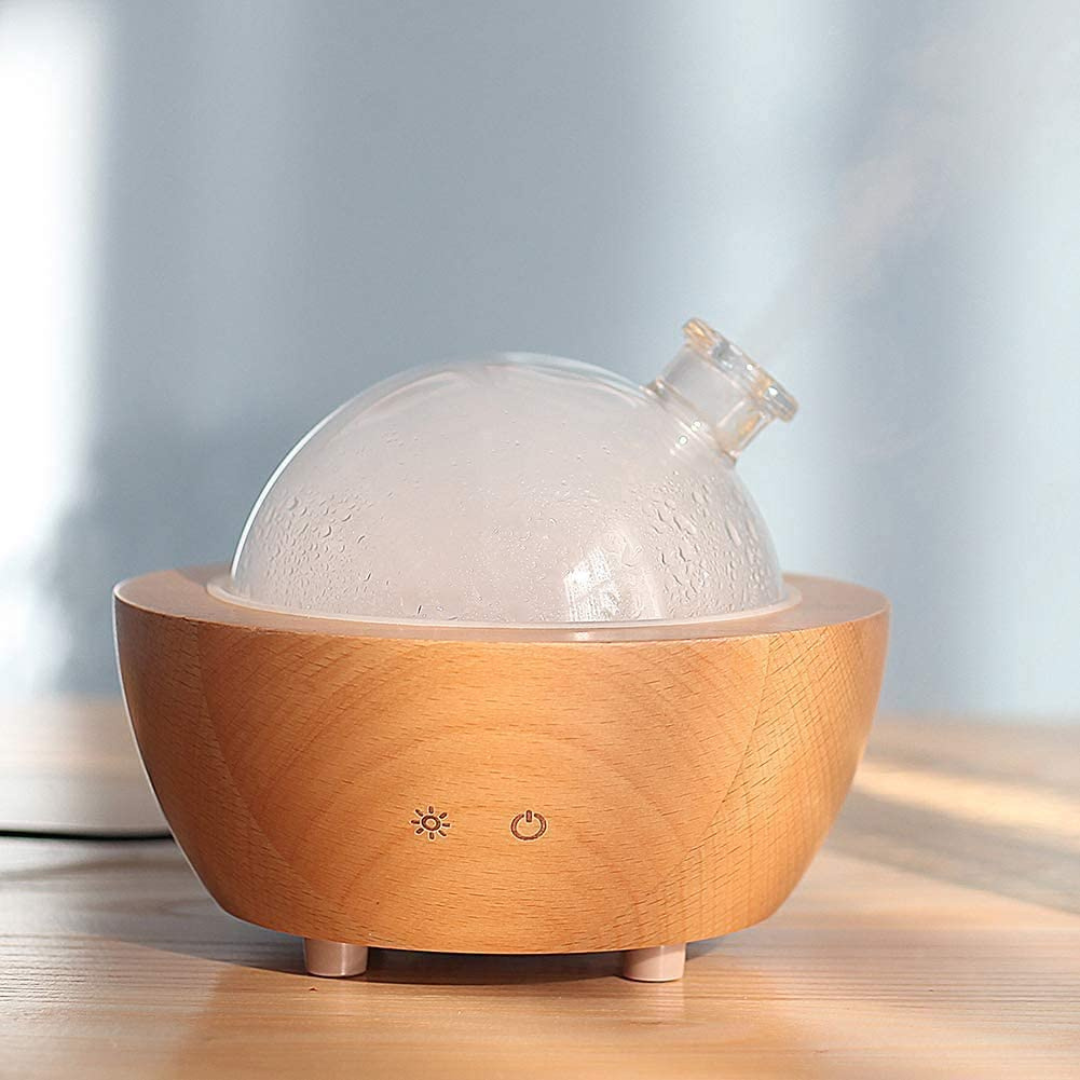|
|Sick of battling anxiety, depression, or ADHD on your own? Have you explored different treatments with limited success? Neurofeedback could be the ideal solution you've been looking for. Traditional treatments like medications don't always provide the desired results or come with unwanted side effects. Neurofeedback, a non-invasive and completely drug-free form of brain training, is an effective method for self-management of mental health disorders. If you're ready to break free from your symptoms and live a happier life, keep reading to explore the benefits of neurofeedback and how it can help you take control of your mental health. Please note: This guest article does not contain healthcare, therapeutic or financial advice. If you are concerned about your health or well-being, speak with a health professional or visit your nearest medical facility in an emergency. The links in this article may be affiliate links that I will be compensated for at no additional cost to you. What is Neurofeedback and How Can It Help Manage Mental Health Disorders? Neurofeedback is a type of therapy that aims to enhance brain function without invasive procedures. It involves monitoring and training brainwaves to improve a variety of conditions like anxiety, depression, and ADHD. This therapeutic intervention is based on the principle of neuroplasticity, meaning that the brain can be trained to produce more of specific types of frequencies, thereby improving overall brain function. If you're interested in exploring the services of neurofeedback near you, continue reading to understand more about its potential benefits and suitability for your needs. During a neurofeedback session, electrodes are placed on the scalp to detect brainwave patterns, which get displayed on a computer screen in real time. This data is then transmitted to a computer program, which converts it into visual or auditory feedback. The patient receives this feedback instantaneously based on their brainwave activity which helps them learn how to adjust their brain function for a more balanced state. Through practicing this self-regulation, patients can learn to improve focus, reduce anxiety, boost mood, and even manage emotions better. A unique advantage of neurofeedback is its ability to target specific areas of the brain related to the symptoms of mental disorders and trains them to work more effectively through repetition and practice. By addressing the root causes of mental health disorders, patients can experience incredible, long-lasting improvements in their symptoms. It should be noted that not all mental health disorders respond equally well to neurofeedback. It's best to undergo an assessment of your specific condition beforehand to determine whether neurofeedback should be used as a standalone therapy or in conjunction with other treatment methods. What Equipment and Technologies Are Used in Neurofeedback Training? The primary equipment utilized in neurofeedback training includes an electroencephalograph (EEG) device, amplifiers, and a computer. The EEG device consists of multiple sensors that are placed on the scalp to measure the electrical activity produced by the brain. These sensors are connected to amplifiers, which amplify and transmit the electrical signals to the computer for processing. To ensure accurate monitoring and recording of brainwaves, the sensors are positioned strategically on the scalp. A conductive gel is applied to improve the electrical contact between the sensors and the scalp. The placement of the sensors varies depending on the specific training goals, but they are typically positioned along the midline of the scalp and over specific lobes of the brain. Once the sensors are in place and the brainwaves are recorded, the custom-tailored neurofeedback training program displays the brainwaves as an animation on a screen. This visual representation allows patients to observe and interpret their brain activity in real time. As for the animation itself, it may consist of color-coded or animated graphs that depict different aspects of brainwave activity, such as alpha, beta, theta, and delta waves. Related: Top 100 Mental Health Blogs Exploring Different Neurofeedback Techniques There are several different varieties of neurofeedback techniques that can be beneficial for people with mental health concerns. Let's look at the basis behind each of them. 1. Frequency/Power Neurofeedback Frequency/power neurofeedback focuses on training specific frequency bands of brain activity, helping patients learn to regulate their brainwaves. This technique is commonly used to address conditions such as anxiety, ADHD, and depression. 2. Slow Cortical Potential Neurofeedback Slow cortical potential neurofeedback is based on training slow electrical potentials in the brain. It aims to modulate cortical excitability and is often utilized in the treatment of epilepsy, migraines, and attention disorders. 3. Low-Energy Neurofeedback System The low-energy neurofeedback system utilizes extremely low-intensity electromagnetic fields to stimulate the brain's electrical activity. This technique is particularly effective in managing conditions such as post-traumatic stress disorder (PTSD) and insomnia. 4. Hemoencephalographic Neurofeedback Hemoencephalographic neurofeedback measures changes in brain blood flow, aiding in regulating cerebral blood flow for conditions like migraines, stroke recovery, and chronic pain. 5. Live Z-score Neurofeedback Live Z-score neurofeedback compares a patient's brainwave patterns to population averages, which aids in identifying and treating psychiatric and neurodevelopmental disorders. 6. Low-Resolution Electromagnetic Tomography Low-resolution electromagnetic tomography is a neuroimaging technique that provides information about the location and intensity of brain electrical activity. It's commonly employed in the assessment of attention disorders, autism spectrum disorder (ASD), and traumatic brain injury. 7. Functional Magnetic Resonance Imaging (fMRI) Functional magnetic resonance imaging (fMRI) visualizes brain activity based on changes in blood oxygen levels. It's utilized to study and diagnose various neurological and psychiatric disorders, such as Alzheimer's disease, schizophrenia, and major depressive disorder. What Mental Health Disorders Can Be Addressed Through Self-Management? Several mental health conditions can be addressed with self-management techniques, empowering patients to take charge of their mental health. Here are just a few examples:
Which Neurofeedback Protocols Are Used for Various Mental Health Disorders? Specific neurofeedback protocols can be tailored to address each of the above conditions by targeting the abnormal brain wave patterns associated with the condition. For anxiety disorders, neurofeedback will typically focus on increasing alpha waves, which are associated with calmness and relaxation. Patients are trained to gradually increase alpha activity while decreasing beta waves, which are related to anxious thoughts. Over time, they learn to self-regulate their brain activity and reduce their anxious symptoms. In the case of depression, neurofeedback protocols often target increasing alpha and theta waves while reducing high levels of beta waves. Alpha waves promote relaxation and a positive mood, while theta waves encourage feelings of creativity and emotional processing. Patients with depression can elevate their mood by teaching their brain to generate more of these ideal brainwave patterns. ADHD-focused protocols aim to increase the production of beta waves which are associated with focus, attention, and cognitive processing. Patients with ADHD can enhance their concentration and decrease impulsive behaviors by teaching their brain to produce more beta waves. For insomnia, neurofeedback therapy may focus on training the brain to increase the production of delta waves during specific sleep stages. Delta waves are linked with deep sleep and relaxation. By focusing on these brainwaves, those who suffer from insomnia can lengthen and enhance their sleep, which will lessen disruptions and improve their overall wellness. How Is Neurofeedback Integrated into Self-Management Programs? Research has demonstrated that incorporating neurofeedback into self-management programs can help individuals enhance their self-regulation skills, improve control over thoughts, emotions, and behaviors, and enhance attention, focus, and cognitive function. Neurofeedback differs from traditional mental health treatment by allowing patients to take an active role in their therapy. By actively participating, you'll feel more driven and less reliant on medication to handle mental health challenges. Conclusion Neurofeedback is a promising tool for the self-management of mental health disorders. If you or a loved one is struggling with a mental health condition, consider exploring the benefits of neurofeedback therapy. It may just be the key to unlocking a happier and healthier future.
Additionally, he's the Founder of Clinical NeuroAnalytics, LLC, and his personal journey through a traumatic brain injury and posttraumatic stress disorder fuels his expertise in brain dysfunction. Related: How to Reprogram Your Subconscious While Sleeping using Affirmations The links on this page may be embedded with affiliate links that I am compensated for at no additional cost to you.
Comments are closed.
|
Welcome to the blog!↓ That's me, Heather. :)
MENTAL HEALTH RESOURCE VAULTGreat!Check your email for instructions on how to access the Mental Health Resource Vault. Categories
All
Popular Posts// 25 Positive Mindset Quotes
// Self-Care Bullet Journal Spreads // 7 Ways Your Physical Health is Connected to Your Mental Health |







 RSS Feed
RSS Feed
















